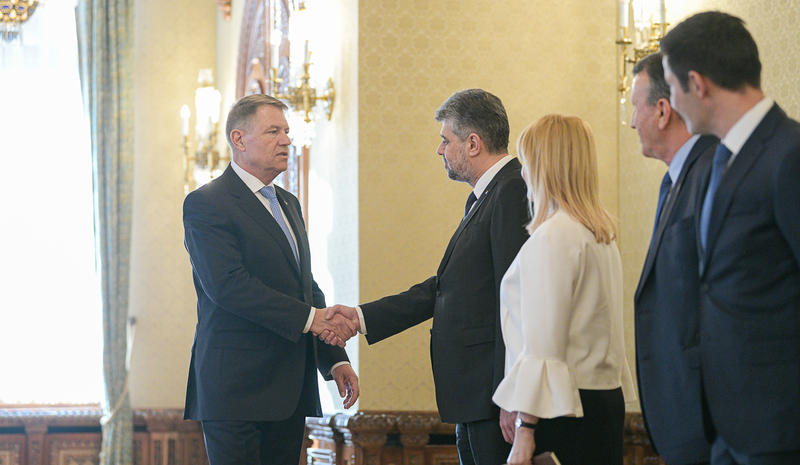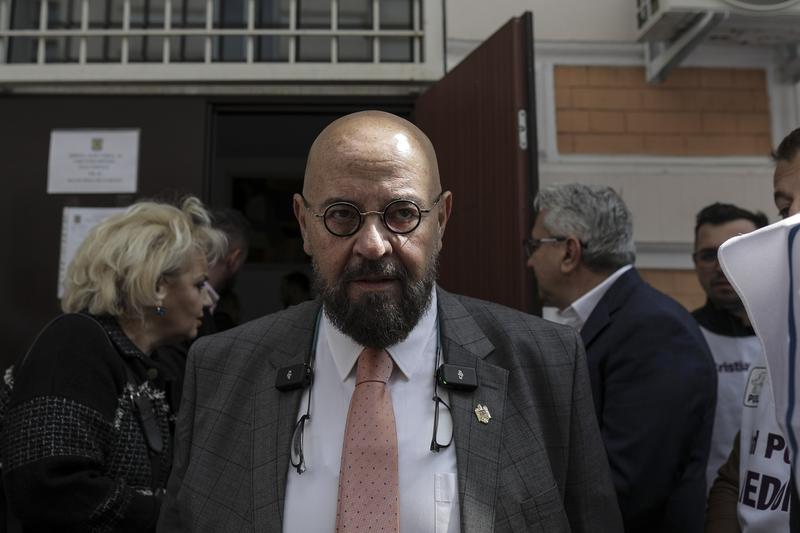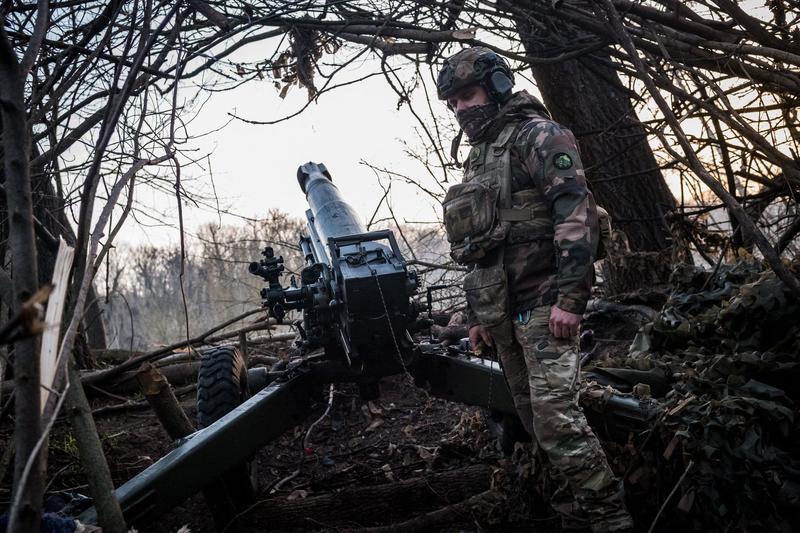Romania’s new collective work contract introduced on January 1, 2007 is proving troublesome for Romanian employers as it revolutionizes the salary quota and many companies have yet to learn of what it says. The contract, valid nationally for the period of 2007-2010, applies a gross minimum salary of 880 RON for educated workers.
The contract was signed by major trade and employers’ unions on December 26 last year and was published in the Official Gazette on January 29, 2007, It deals with compulsory working conditions, salaries, working time and leaves.
According to the document, the minimum gross salary for a full 170 h monthly work was set at an average of 440 RON. But it is almost double for graduated workers, which affects employers most.
“It’s a real blow for us. Until now, we used to employ graduated workers at minimum salary on working contract and the rest was paid by copyright deals or through microfirms. I don’t know how I’ll be able to pay both the 880 salary and all the taxes”, Mihai Feleaga, owner of an advertising firm, told HotNews.ro.
His firm employs seven graduated workers, all with a minimum salary on their working contract.
But the head of the Romanian Businesspeople Association - AOAR, Florin Pogonaru, believes that the new regulations would not affect employers that much. “The country lacks workers and there are many employers who are paying such salaries”, he says. Pogonaru believes big urban areas will not be affected, but trouble may appear in other areas, where salaries are very small.
And National Bank spokesman Mugur Stet told HotNews.ro the new collective work contract will affect the strategy against inflation, a process that is already difficult because of successive salary boosts.




















